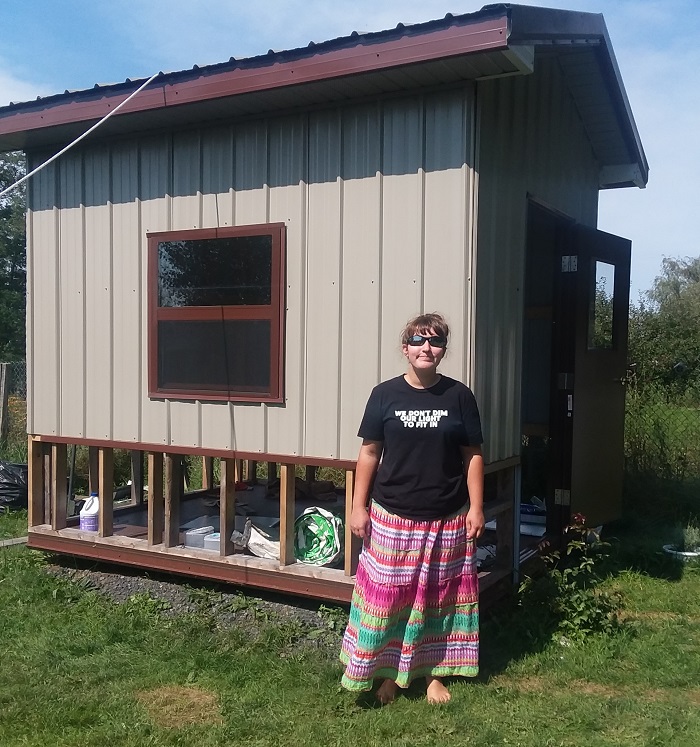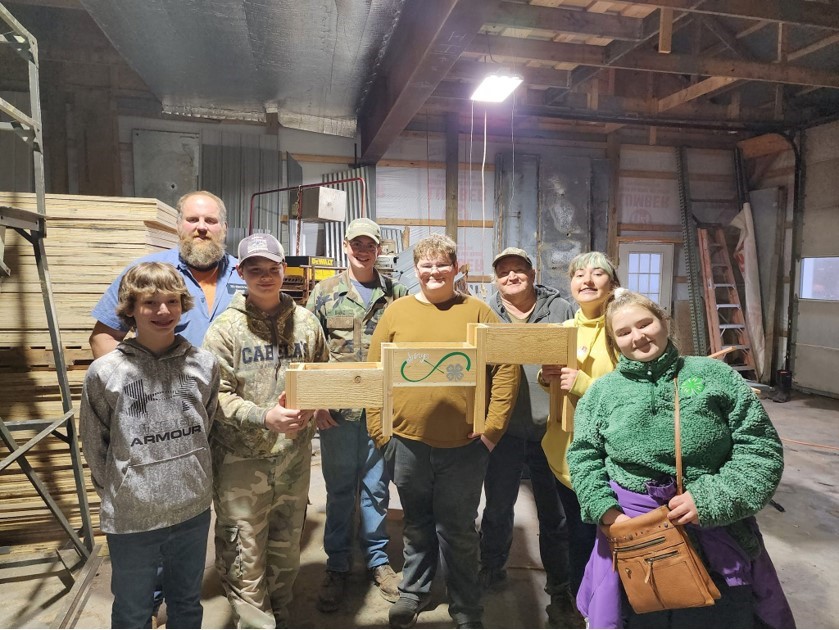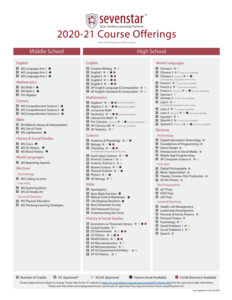Homeschool Electives

Electives can have many sources
When it comes to elective classes, parents are not confined to using an official homeschooling curriculum as they are with main subjects such as math, English, science, social studies, and geography. As long as the study meets the goals and needs of the parents and students, electives can be taught in many ways. The important thing to remember, though, is that the class needs to give the student a valuable educational outcome. Just a few examples of some ways to offer electives include:
- Physical education – joining a community sports league, joining a gym, jazzercise, parent led physical education
- Art – local art clubs, online art communities such as Skillshare, 4H, YouTube tutorials
- Music – continuing education at a college, online tutorials, private instructors
- Entrapreneurship – have the student start a business, enroll in HSLDA Academy business classes, have the student work with a business mentor, study entrepreneurship in 4H
Electives can be anything students wish to study
There are unlimited options.
One family we know, gave their high school daughter a construction class. For the class, she worked with her dad to build a mini barn from the ground up, including all framing, wiring, roofing, and finishing. She didn’t use any books for this class, but she learned quite a lot about construction hands-on.
Another family had their pre-teen start a vegetable stand outside a local business to learn entrepreneurship. For the business, she needed to take inventory; learn customer service; run the register; and learn Quickbooks to log in sales. Again, there were no books, and no formal class, but what an education she received in entrepreneurship!
Our students had a Homesteading class for several years. I taught them the wisdom of our ancestors that had been passed down from generation to generation, and we learned everything from gardening and seed harvesting, to canning and herb drying, to underground storage construction and use, to raising chickens for eggs. They learned to cook from scratch and how to live off the land. Years later, the local public school asked one of our daughters to teach the students how to bake homemade bread.


The exceptions
Now, with all that said, there are some electives that do generally need an official curriculum. For example, some states require students to have two years of a foreign language or two years of technology classes. These do need to be completed with some sort of official curriculum, such as a book pack, DVD/online, academy, or private tutor.
It gets a little complicated because some states require physical education, art, and music as well. But those do not need an official curriculum.
So, how is a parent to know? Well, it is recommended that you check with HSLDA or your local school board. But a good “rule-of-thumb” is that classes that may affect college entry should have some sort of official curriculum.
Curriculum electives
Of course, many homeschooling curriculums and academies offer electives as well, and this can be a great option because sometimes it can make things much easier for parents because there is often less parental planning and teaching.
Christian Book Distributors has a huge selection of books to study homeschooling electives. You can reach them at www.christianbook.com.
Other great sources are HSLDA Academy, Sevenstar Academy, Liberty Academy, and Excelsior Classes, which has live zoom classes.


Additionally, in today’s world there are a host of online educational opportunities for electives. Some cost money, but many are free.
We are listing a few suggestions below.
Please be advised that these sources can only be used for electives or supplements to regular classes. They are not considered an adequate full curriculum for the main classes of math, English, science, social studies, and geography. With official curriculums, the publishers or academies look at what states generally require students to learn in a particular subject for the year and include it in their material. With sources such as the ones below, it is not likely that they have included all the necessary information that students need to count it as a full high school credit in the subject.
- Outschool – Live zoom instruction in many subjects. Our students have used Outschool many times and are very happy with the platform. You can reach them at www.outschool.com. Parents should caution students not to give out personal information and location in class because teachers can be anyone. Students must be under age 18, but there can be other individuals listening in the same room. We had our children enter classes with an alias.
- Skillshare – Thousands of videos of experts teaching skills in almost everything. Students pay a low per month rate to access all of the videos. We have used and can recommend Skillshare.
- Udemy – Similar to Skillshare. Students pay a small amount to watch videos about a host of subjects.
- Khan Academy – Free classes in the main subjects, elementary through high school. We highly recommend this source. It makes an excellent supplement to any curriculum.
- YouTube – Free videos on almost anything imaginable. Anyone can make a YouTube video, so parents should screen the video ahead of having the student watch it.
Homeschool and 4-H
An excellent resource for electives is 4H. Most communities in the US have a 4H presence. 4H is an organization whose sole purpose is to provide education and activates for youth. Fees are generally very small.
Although 4H is often known for their involvement in farm animals, they have a wide variety of educational opportunities in everything from public speaking to robotics.
Students would join a local 4H club where they would get involved with the activities of the club. Clubs generally have a variety of activities. In addition, students pick any number of self-study projects where they work through workbooks throughout the year to learn different skills. Workbooks are available through 4H National. At the county level, most 4H organizations offer things like competitions in the local fair and other events where students can compete to win the opportunity to go to state. There are also state and national 4H competitions.
On the state and national level, students can win trips to national conferences.
4H provides students with many opportunities they may not otherwise have, which makes them a great fit for homeschool.
For example, one of our homeschoolers joined 4H. For her projects she took Public Speaking, Photography, Woodworking, and Leadership, which she studied with the 4H workbooks. She completed projects in each area, which she presented to her local 4H club. She also completed 50 projects in art, canning, backing, and sewing that she entered in the local fair. In addition, she entered the county 4H public speaking contest and won, which meant she was able to go to state. She also won the state competition, which qualified her to go to the 4H National Congress. Throughout the year, her 4H club did a variety of public service activities and went on field trips together.
Look for information about your local 4H clubs at your local Extension Office. National 4H can be reached at https:4-h.org.
The 4H shop to order educational workbooks can be found at https://shop4-h.org



